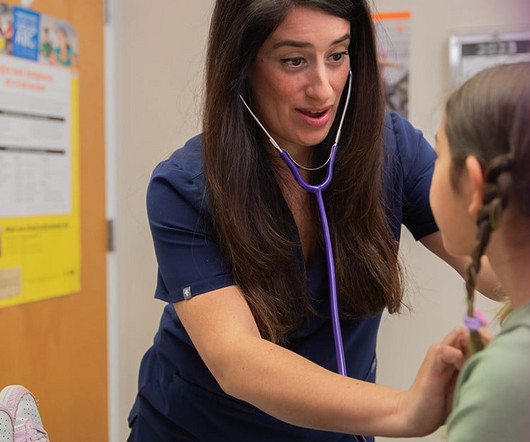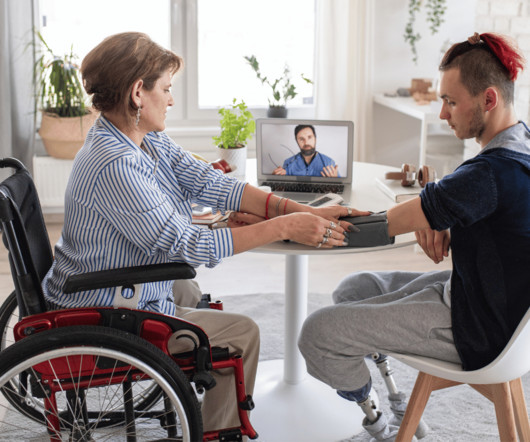Nursing Fundamentals: Building a Solid Foundation for Professional Practice
Every Nurse
NOVEMBER 10, 2023
Essential Skills for Nursing Registered nurses are required to master a range of essential skills to effectively care for their patients. These skills include: Communication: Effective communication is crucial in establishing rapport with patients, collaborating with the healthcare team, and delivering information clearly and compassionately.













Let's personalize your content